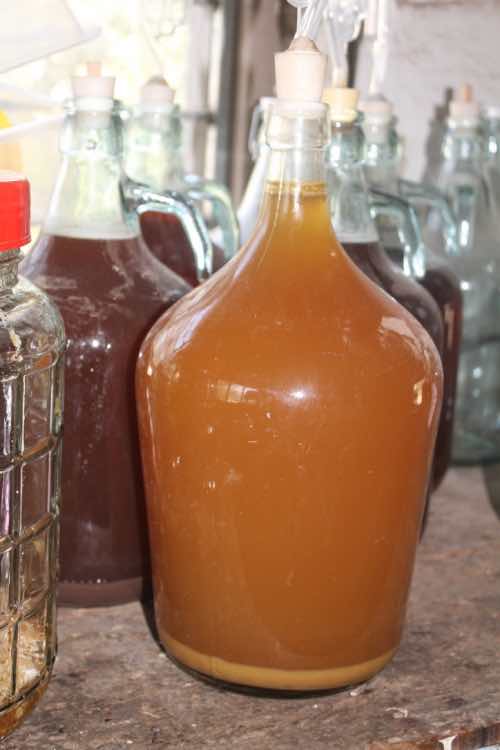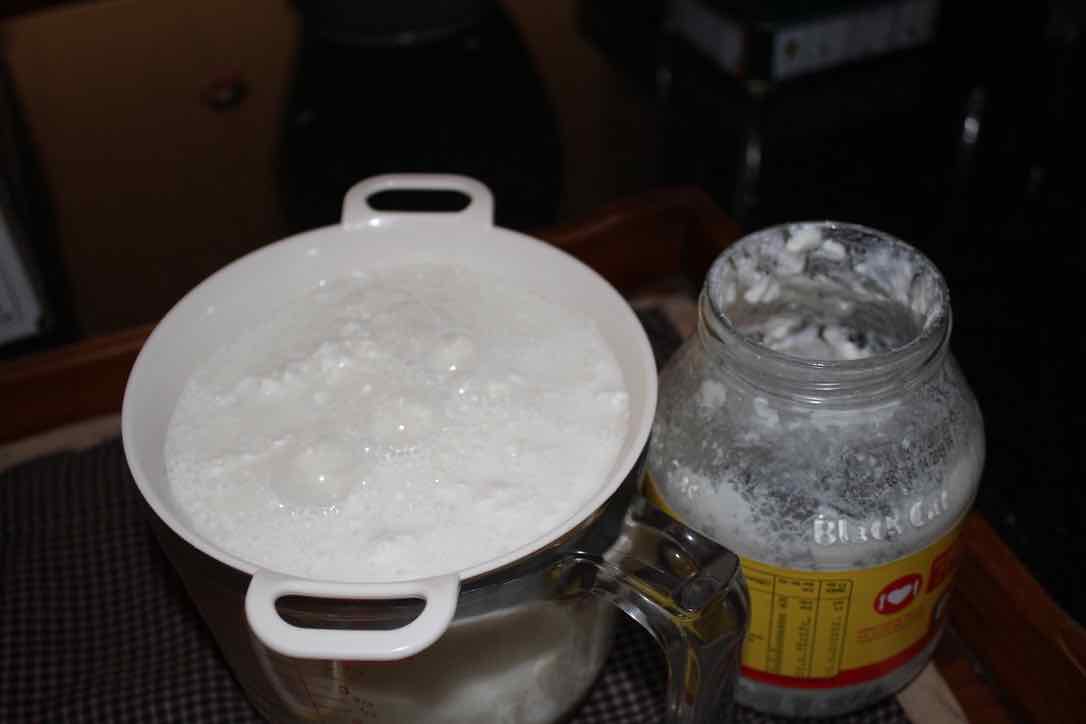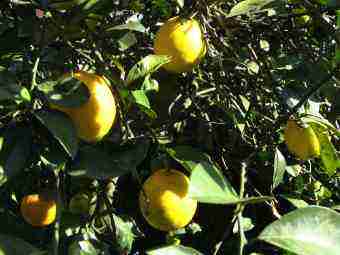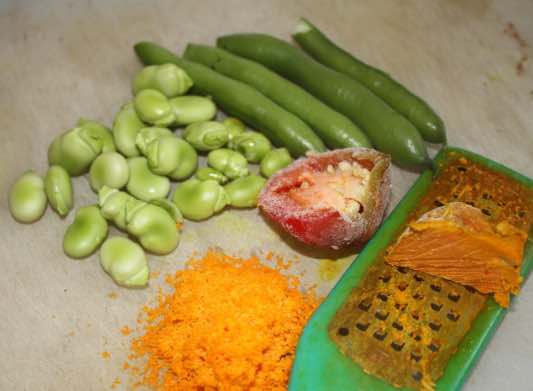- Home
- Dementia
Cut dementia by nearly a half
Cut dementia by nearly a half with these 14 modifiable risk factors.
Few things scare us more than losing our marbles and so it should. More than 10% of those over 65 in the US have Alzheimer's Disease; one in nine people. Yet researchers keep telling us that there is much we can do to prevent it.
The "industrial diet" of those who consume mostly typical grocery store food and the general contemporary lifestyle are having a terrible effect on our brains. It's so pervasive that a kind of paralysis has set in; it only happens to "other people."
Let it sink in; 1 in 9 of those over 65 already have Alzheimer's Disease; and the older we get the worse the prevalence.
Brain autopsies have now shown that a very great proportion is caused by "something else." That is where lifestyle comes in; there is so much we can do to shift the stats in our favour.
The 2024 report of the Lancet standing commission lists these 14 modifiable factors that give us nearly double the chance of living gracefully into old age without dementia.
Many of these modifiable risk factors centre around keeping blood glucose levels down where they should be.
Reducing vascular damage
The brain is a prodigious user of the oxygen we breathe in; nearly 50%. Anything that reduces the blood flow will have a detrimental effect on our ability to function normally as we get older.
1. Diabetes
Chronically raised serum glucose attaches to red blood corpuscles forming what are known as AGEs; Advanced Glycation End-products.
A systemic review of 474 papers concludes that AGEs cause what is known as oxidative stress; this cuts the life of a red blood cell and reduces the concentration of haemoglobin.
Moreover they found that the size of the RBCs increases and their ability to change shape in tight spots is reduced; this raises the risk of stroke.
In addition researchers have found that type-2 diabetes can be brought completely into remission without the use of any medication.
Three of the modifiable risk factors therefore are:
- Greatly reducing ultra-refined grains.
- Keeping sugar below 10tsp per day; the heart association says less than 6.
- Taking short, brisk walks after any starchy meal; and especially supper.
2. Smoking
This one we won't belabour. Every smoker knows that their habit increases vascular damage in every part of the body including the brain; they have a greatly raised risk of temporary ischemic attacks and stroke.
The prevalence of dementia soars with both the number of cigarettes and the years of smoking.
3. Blood pressure
Poorly managed hypertension is one of the risk factors of dementia.
Interestingly increased magnesium[4] and potassium[5] from our food have a profound influence on the flexibility of the blood vessels.
So too these very simple isometric exercises done regularly, utilising the quadriceps thigh muscles reduces both systolic and diastolic BP by nearly 10 points[5].
4. Excessive alcohol consumption
"Risky" alcohol consumption is 2 or more tots per day and heavy drinking is defined as over 6. Not only is it associated with an increased risk of breast cancer in particular but also of dementia[2].
Confusingly unpasteurised natural wines, meads and beers if anything appear to contribute to longevity. They are enjoyed daily in four of the five Blue Zones of the world; in the fifth, Linda Loma the Seventh Day Adventists are teetotalers.
 Unpasteurised mead
Unpasteurised mead5. Physical activity
Independently of its influence in lowering blood glucose, physical activity and in particular the strength of the thigh muscles is strongly associated with reduced dementia and longevity; use the stairs.
It matters not whether we walk, cycle or swim; or any other of the great number of physical activities. We just need to move daily.
6. The microbiome
The healthy gut has an astonishing 2kg of friendly bacteria, viruses and yeast cells. No only the number but the diversity also is important.
That can only exist if we eat plenty of fibre and regularly enjoy probiotic foods such as kefir, sauerkraut and kimchi.
This microbiome produces a diverse array of hormones such as dopamine, short-chain fatty acids like butyrate and many other substances that protect our brains against chronic inflammation and the amyloid tau proteins associated with dementia.

7. Raised LDL cholesterol
There is increasing evidence that high LDL is caused not by fatty foods but by ultra-refined carbs that flood the liver with glucose; which is then attached to triglycerides forming low density lipoproteins.
Chronically high LDL is also associated with dementia.
8. Social isolation
Anything that isolates us from family, neighbours and friends increases the likelihood of dementia; interaction with other people is essential.
Death of a spouse for example is one of the reasons why elderly ladies are more affected by dementia than men.
9. Loss of sight and hearing
Untreated loss of sight and hearing isolate us from family and friends; they too are factors leading to dementia.
Inclusion of dark-green leafy vegetables in the diet, supplying phytonutrients like lutein and zeaxanthin is essential to prevent adult-onset macular degeneration.
Those using noisy machinery must wear earmuffs.
The deaf must accept that wearing hearing aids and learning to lipread is part of the way to cut dementia by half; otherwise the risk of losing their marbles soars.
10. Poor air and water quality
Poor air quality is difficult to manage; not living in highly industrialised areas will help. It affects the lungs adversely and that means less oxygen for the brain.
Enjoyment of spring and rainwater is important too; and use of charcoal filters.
We can cut dementia by nearly a half if we reduce these risk factors.
11. Beta-cryptoxanthin
Beta-cryptoxanthin[3] is the only proven remedy known to help prevent dementia; luckily it's found in citrus. We should all daily enjoy half a grapefruit for breakfast, a helping of hummus made with the pulp of a lemon or a freshly squeezed orange juice.
Therein lies a danger however. Some citrus like mandarins contain large amounts of natural sugars which will raise blood glucose; follow your sweet juices with short brisk walks so that it is turned into glycogen instead.
Always include the pulp of citrus fruit; otherwise you lose more than half of the beta-cryptoxanthin.

12. Parkinson's Disease
Parkinson's Disease is a risk factor for developing dementia; dopamine, the "happy hormone" is involved in many pathways in the brain as well as the motor manifestations in the periphery.
However the risk is not terribly high; 8.5% of the entire followup[6]. Those with less than 13 years of education are more at risk. Continuing studies, playing games like chess and others like Sudoku are would mitigate against the much feared dementia of PD.
The only plant containing pharmacological amounts of levodopa is the fava bean. However it is not readily found in greengrocers in most countries. Those who think they may have the disease would be advised to grow them; and freeze the excess for year-round consumption.
Five beans morning and evening would greatly help; the young pods contain even more L-dopa.
They are also called broad beans in some countries. They give protection of the intestinal mucosa; those suffering from peptic ulcer disease have more than four times the risk of Parkinson's Disease.
 Fava beans with turmeric and a peppadew
Fava beans with turmeric and a peppadewCut dementia by nearly a half
Cut dementia by nearly a half by enjoying citrus daily and doing simple things like taking short, brisk walks after starchy meals.
- Facts and figures about Alzheimer's Dementia
- How much alcohol causes cancer?
- Beta-cryptoxanthin. Web: https://tinyurl.com/w5t5pehy
- Magnesium heart. Web: https://tinyurl.com/ykb2fdsm
- Salt versus potassium blood pressure debate. Web: https://tinyurl.com/y3v4w8sz
- Long-Term Dementia Risk in Parkinson's Disease
When browsing these links use right click and "Open Link in New Tab", or you may get a bad gateway signal.
- Home
- Dementia
Did you find this page useful? Then perhaps forward it to a suffering friend. Better still, Tweet or Face Book it.
